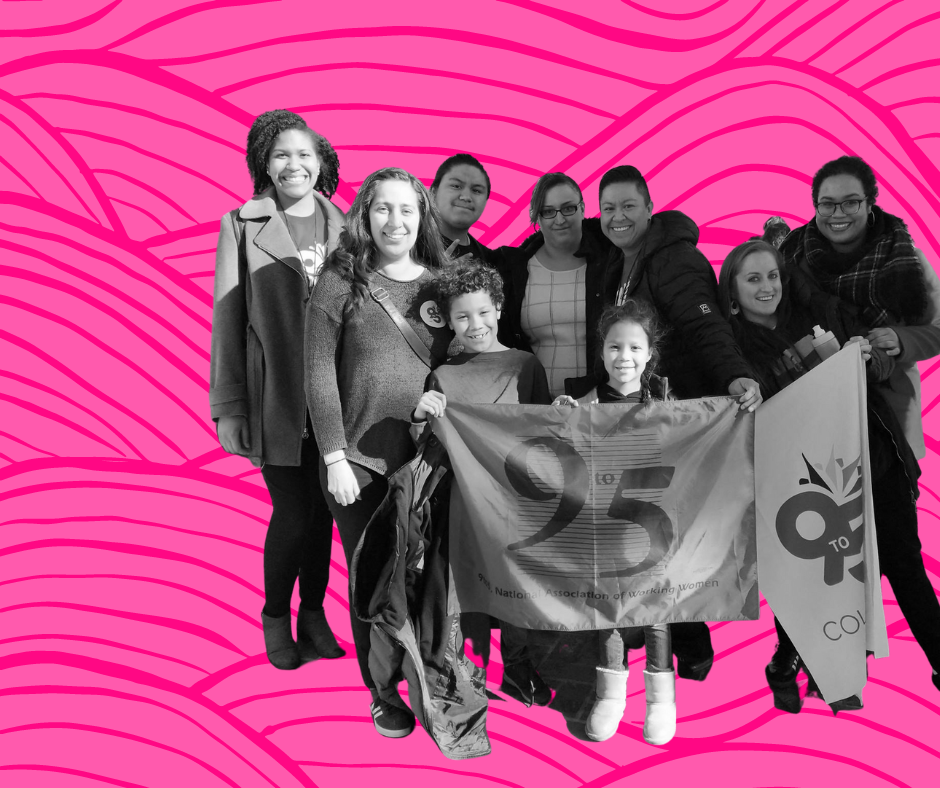I saw Barbie at a Sunday matinee 10 days after it opened, in a sold-out theater in Milwaukee. Along with most of the audience, I cheered and hooted and burst into applause. I clapped for women standing up for themselves and for democracy. Since the film premiered, I’ve loved seeing a jump in people of all ages talking about patriarchy and toxic masculinity. And I’ve rejoiced at the conniptions the film sparked for right-wing politicians like Matt Gaetz and Ted Cruz. As Tabitha St. Bernard-Jacobs put it, “When racist, sexist, transphobic people tell me not to see something, you’d best believe I’ll be rushing to get my ticket.”
And yet, for all its bright spots, I worry the film promotes a deeply misguided view of feminism, one that implies all women have more in common with each other than they do with any men in their lives or communities.
Let me be clear: Marjorie Taylor Greene is not my sister. Most men are not my enemy.
Despite the multiracial Barbies and Kens in Barbieland, the “real world” in this film is as devoid of racism and class boundaries as Barbieland is devoid of women who are not stereotypically young, thin, straight and gorgeous (one plus-sized, one trans woman doctor, and one Barbie in a wheelchair do not inclusion make. And c’mon, there’s no Barbie who loves another Barbie?) In the real “real world,” gender inequality is deeply entwined with all forms of oppression. We can’t tackle one without tackling them all.
In the film, as in our lives, those who dominate use ideology to maintain their power. Once Ken imposes patriarchy in Barbieland, nearly all the Barbies fall under its spell. In our world, too, it’s hard not to swallow the hateful messages saturating us. Still, brainwashing isn’t the only problem women face. There are actual economic and political barriers we need to remove. As a 9to5 button put it forty years ago, “My consciousness is fine, it’s my pay that needs raising.” I’m sure the women in Mattel’s factory in China who labor 10 hours a day, six days a week for $2 an hour churning out Barbies, are aware that long hours, exposure to harmful chemicals and rampant sexual harassment are problematic.
Instead of the need for systemic change, the Barbies lift up a vision of individual striving: You can become whatever you want if you just believe in yourself and try hard enough. Turns out what many of them want is to be a boss—the very kind that too many men have been throughout history. The wonderful America Ferrera plays Gloria, Mattel Corporation’s executive assistant who gives the film’s seminal speech summing up the unbearable contradictions women face. Her words are powerful. But while reminding us the system is rigged, Gloria also bemoans that women aren’t allowed—as men are—to be mean or selfish or squashers of ideas.
Yes, we want more female astronauts and Supreme Court justices and elected officials. But we don’t just want to smash the glass ceiling—we want to redesign the building and redistribute power and profits. We want all work to be valued and all workers to have a voice. We want leaders to recognize leadership in those they supervise and create opportunities for them to shine. And sure, we want equal pay. But rather than more women billionaires, we demand an end to poverty and exploitation and oppression of any kind.
One of the high points of the film is the send-up of the white male executives who run Mattel. In our world, however, Mattel’s honchos can afford to make fun of themselves as long as they continue to rake in the dough, which they are doing hand over fist.
Even as I wail over the consumerism Barbie is generating, I’ll keep on rejoicing at the delight and conversation it has launched. I’ll continue to celebrate the community organizing those Barbies did to get their power back. But as an organizer, I’ll never stop working for the day that workers stand up together to ensure a world based on justice and equality for all.
That’s the only way to topple the patriarchy for real.
Featured image: Members of 9to5, which was founded in 1973 as a national organization for women office workers, part of a rising wave of working women organizing.
Did you enjoy this article?
We're in the middle of our annual fund drive, and this year we're building our own internal infrastructure for subscriptions, meaning more of every dollar pledged goes to fulfilling our mission. Subscribe today to support our work and be a part of Convergence's next evolution.

